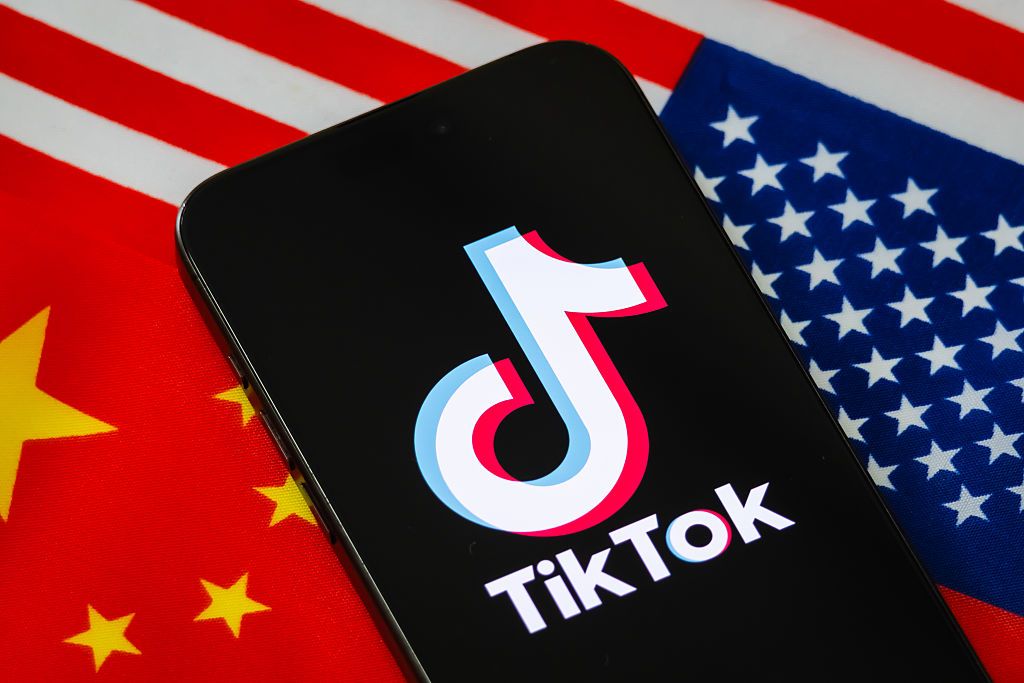In a significant move to resolve longstanding national security concerns, the United States government has announced the framework of a deal that would give American entities control over TikTok’s algorithm and its U.S. operations board. The announcement marks a turning point in the ongoing standoff between the U.S. and TikTok’s Chinese parent company, ByteDance.
The agreement, according to the White House, is aimed at addressing fears surrounding data privacy, content manipulation, and potential foreign influence over one of the most widely used social media platforms in the world.
A Restructuring of Control
Under the terms of the proposed agreement, six out of seven board members overseeing TikTok’s U.S. operations will be American citizens, effectively placing the platform’s domestic governance in American hands. In addition to board control, the centerpiece of the deal is the transfer of authority over TikTok’s content recommendation algorithm to a U.S.-based company.
This algorithm — the secretive, data-driven engine behind TikTok’s highly personalized “For You” feed — is considered the company’s most valuable asset and the primary driver of its global success. By placing it under American control, U.S. officials hope to mitigate the risk that the algorithm could be used to subtly influence public discourse or serve foreign interests.
While specific details about who will operate or maintain the algorithm have not yet been disclosed, officials confirmed that an American technology firm would be granted oversight and management responsibilities. The goal is to ensure that U.S. user data is processed, stored, and analyzed exclusively on American soil, using infrastructure secured under U.S. jurisdiction.
A Response to Growing Pressure
The agreement follows years of rising pressure from U.S. lawmakers and regulators, many of whom have accused TikTok of posing a national security threat due to its Chinese ownership. Critics have expressed concern that user data could be accessed by the Chinese government, or that the platform’s content moderation could be influenced to promote propaganda or suppress dissenting views.

In response to these concerns, bipartisan legislation passed earlier this year mandated that TikTok either divest from ByteDance or face an outright ban in the U.S. market. The new deal, if finalized and implemented, would allow TikTok to continue operating in the U.S. under a framework that Washington deems secure.
White House Statement and Goals
The White House confirmed that the agreement had been reached in principle, though it stopped short of declaring the deal complete. A spokesperson stated that the administration’s priority is to protect American citizens’ data and ensure that content delivered to U.S. users is not subject to foreign manipulation.
According to administration officials, the deal is not just about TikTok. It’s about setting a precedent for how foreign technology companies operate within U.S. borders. They view it as part of a broader strategy to reclaim digital sovereignty and build long-term safeguards around platforms that have deep influence over public opinion, especially among younger generations.
Implications for ByteDance and China
The agreement represents a major concession from ByteDance, which has long resisted efforts to separate TikTok from its parent company. However, it appears that the threat of a U.S. ban and the potential financial fallout have pushed the company toward compromise.
What remains unclear is how the Chinese government will respond. Beijing has previously opposed the forced divestiture of Chinese tech assets abroad and has imposed export controls on certain algorithms, which could complicate the transfer of technology or operational rights to U.S. firms.
Analysts say that while ByteDance may retain some ownership stake in TikTok’s global operations, the terms of the agreement effectively remove its decision-making authority over how the app operates in the United States.
Industry and Public Reactions
The announcement has sparked a wide range of reactions across the tech industry, political circles, and the general public. Supporters of the deal argue that it is a pragmatic solution that balances national security with free-market principles. It avoids an outright ban that could have alienated millions of users and sparked legal battles, while still addressing the core concerns raised by lawmakers and security experts.
Critics, however, warn that the deal may not go far enough. Some argue that as long as ByteDance maintains any form of control or financial interest, the risk of data leakage or influence will remain. Others question whether the U.S. is setting a dangerous precedent by asserting control over the inner workings of a private platform, potentially paving the way for increased government intervention in digital media.
TikTok users have expressed mixed feelings. Many are relieved that the app may not be banned after all, while others remain skeptical about what changes the deal could bring. Questions remain about whether content will be moderated differently, if the user experience will change, and whether data collection practices will actually become more transparent.

Next Steps
Although the deal has been announced, it has not yet been finalized. The coming weeks will be crucial as both sides work to hammer out the legal and technical specifics. Congressional committees are expected to review the terms, and regulatory agencies may impose additional conditions before granting full approval.
Implementation will also be a complex process. Transferring control of an algorithm is not as simple as flipping a switch. It involves rehosting, retraining, and verifying the code base to ensure independence and integrity. Government agencies are likely to monitor compliance closely.
A Digital Power Shift
If completed, the TikTok deal would mark one of the most significant U.S. interventions into the operations of a foreign tech company. It underscores the growing urgency among global governments to regulate the digital economy, assert control over data flows, and prevent cross-border tech influence from becoming a vector for manipulation or surveillance.
As technology continues to blur the lines between entertainment, communication, and national security, the U.S.–TikTok deal may become a template for future agreements — or a cautionary tale about the limits of digital trust in a geopolitically divided world.










